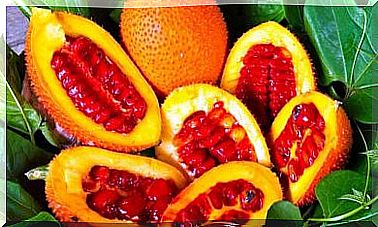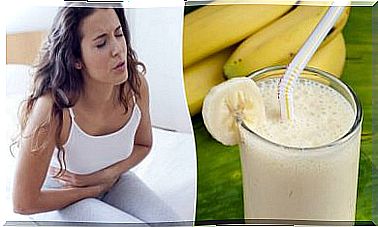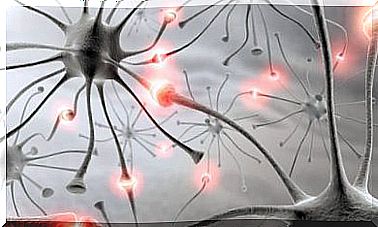Cataract Symptoms And Natural Treatments To Fight It
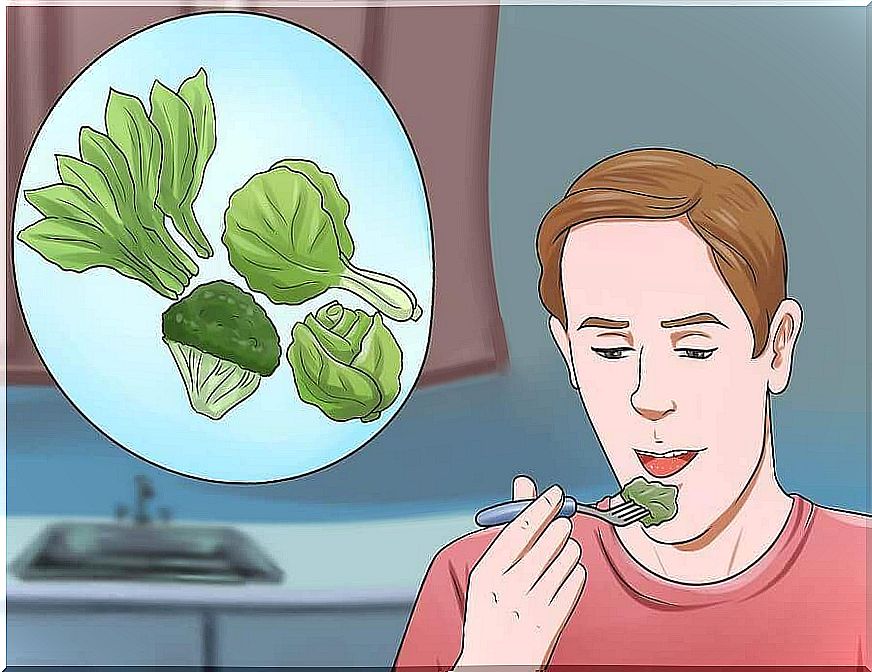
How good would you say your vision is? Most of us like to think that our eye health is great and that it will stay that way for many years to come. However, many people over the age of 60 begin to identify the symptoms of cataracts.
Over time, this disease gets worse. That’s why it’s important to be aware of what happens to your eyes. As soon as you notice something strange, you should make an appointment with your ophthalmologist.
If you detect this problem early enough, you have a good chance of preventing it from progressing.
What are cataracts?
The falls are small accumulations that occur in the human eye . When they appear, they blur the eye’s natural lens and gradually build up.
The most common is that the discomfort starts to be noticed after the age of 40, although it intensifies after the age of 60 years.
cataract symptoms
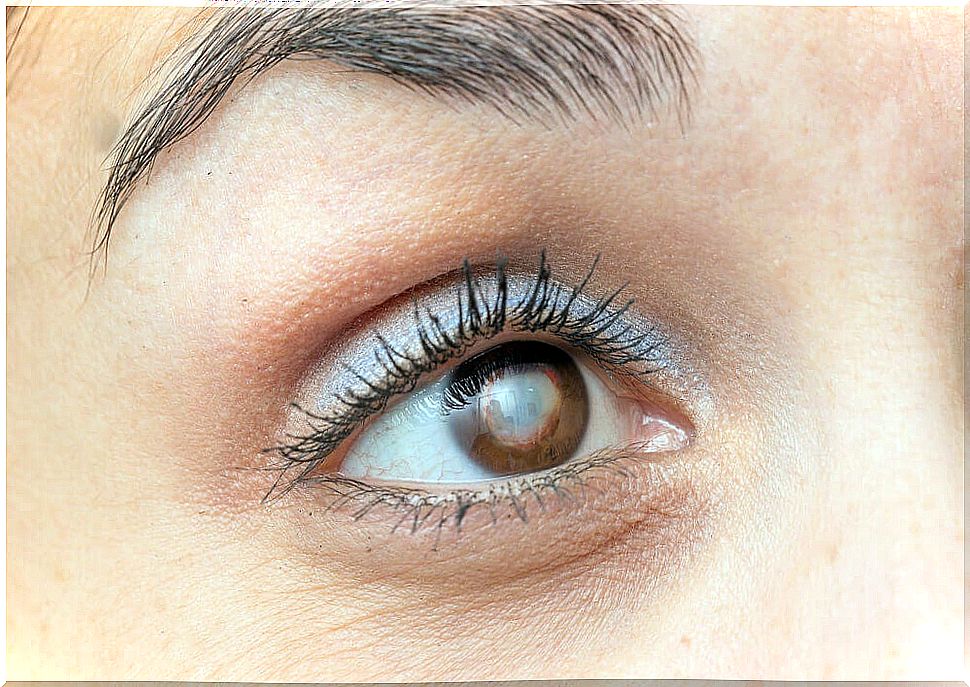
When cataracts start to appear, you will notice small changes in a small area of the eye. Over time, you will notice a loss of vision or a feeling that you have a foreign element in your eye.
Some of the symptoms of cataract are:
- Blurred vision
- light sensitivity
- Difficulty seeing at night
- See shadows around lights
- Loss of ability to see yellow color
- Double vision in the affected eye
- Constant changes in graduation on your lenses
- Difficulty in reading with white background
Natural Cataract Treatments
As we said, you can prevent cataracts by taking care of your eye health and maintaining good habits. Although there are factors that can influence the onset of the disease, such as genetics, there are always habits that can minimize the chance that we have it.
The best natural cataract treatment is based on the following advice:
1. Minimize contact with harmful elements as much as possible

The eyes are very sensitive organs, and they are in contact with elements that can easily damage them. As cataracts are accumulations of waste, it is important to avoid or limit contact with:
- Alcohol. Drinking alcohol doesn’t just harm your liver. Blood flow can cause some debris to reach your eyes and can damage them over time.
- Cigarette. If you’re an active smoker, it’s time to quit this habit because, as with alcohol, the residue gets in your eyes.
The most important thing is that you avoid contact with tobacco smoke. Think that through smoke, tobacco residues come more directly to your eyes.
- Chemicals. Do you use over-the-counter eye drops? While it looks like it’s okay, the ingredients in these products can be a nuisance.
If you experience dryness or discomfort, make an appointment with your ophthalmologist.
2. Eat fresh fruits and vegetables daily
Do you usually eat frozen or heavily processed foods all the time? Try to change this habit and make the effort to consume fresh fruits and vegetables.
These foods are rich in natural chemical compounds called phytonutrients. The function of these elements is to maintain eye health and delay the appearance of eye diseases such as cataracts.
- If you don’t like raw vegetables, try preparing them in spiced salads.
- As for fruits, make sure you don’t overdo the servings because too much can cause spikes in glucose.
3. Include foods with vitamin A in your daily diet
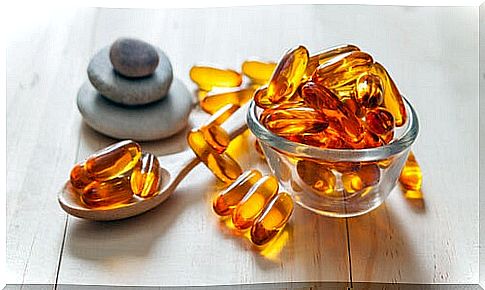
Vitamin A is generally associated with eye health. If you don’t consume enough, your eyes can suffer from degenerative problems such as cataracts, retinal damage, and macular degeneration.
Some options for consuming vitamin A are:
- Carrots
- green leafy vegetables
- Sweet potato
4. Foods rich in vitamin C
Another group of foods that reduce your chances of developing cataract symptoms are those that provide vitamin C. This vitamin is just as important as vitamin A, and you should try to consume these fresh foods whenever possible.
If you are severely deficient in this nutrient, take a daily supplement . Otherwise, be sure to include two or three choices of the following foods in your daily diet:
- ½ cup chopped raw chili (75 g)
- 1 orange or 2 tangerines
- ½ cup of pineapple (75 g)
- 1 grapefruit
- 6 strawberries
- 1 tomato
- 1 cup of raw broccoli (150 g)
- 12 grapes
5. Take a specialized vitamin supplement

In any pharmacy or supermarket you can find multivitamin supplements of different types. We recommend consuming a specially formulated one to improve eyesight.
These usually indicate their function, or you can check for lutein in your formula. They are often inexpensive and give you the benefit of avoiding problems other than cataracts.
If you have questions about the best option, ask your ophthalmologist for some recommendations.
6. Foods rich in omega 3
Eating fish and omega 3 sources regularly will reduce your risk of developing cataract symptoms. The recommended minimum is to consume a serving of these foods twice a day.
Among the options we recommend are:
- sardines in oil
- Chia seeds
- Salmon
- Tuna
- Oilseeds
